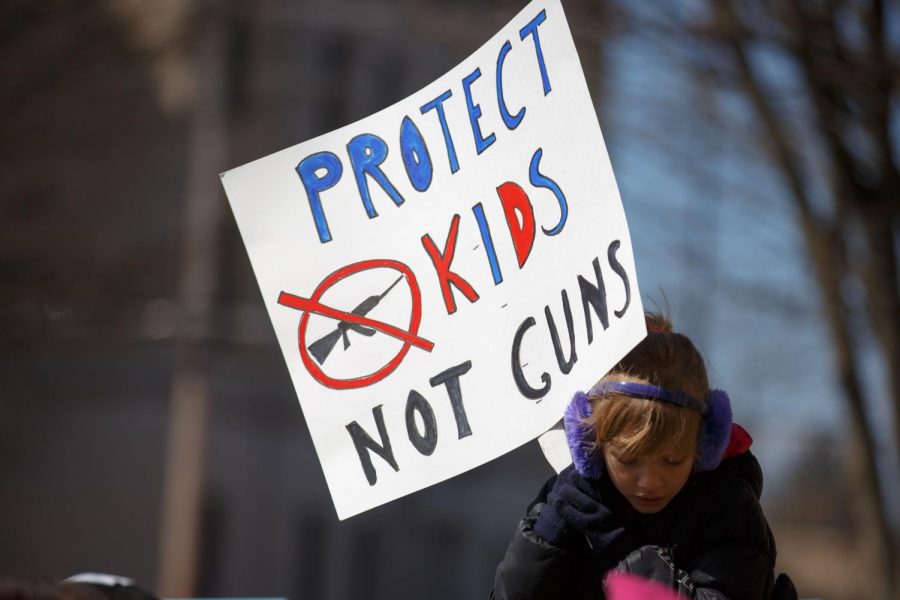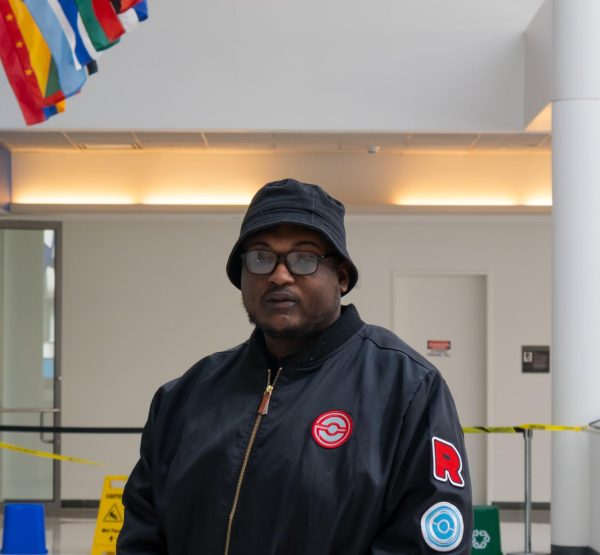Youth-centered mental health services needed in wake of increasing gun violence
October 8, 2021
Since the COVID-19 pandemic began, the 24-hour news cycle has lacked positive news in the world. In New York City, people turn their televisions on to local news stations and the first thing they hear is a breaking news report about someone being shot.Recently, a 16–year–old girl was shot in the head in Brooklyn days after another 16-year-old in Brooklyn was killed in Bedstudy, Brooklyn. The increase in gun violence can be traumatic for young people, which is why communities need to come together to push for more access to mental health services.
The knowledge that gun violence is taking the lives of young victims can be enough to bring about mental health struggles, especially when it is a repeating occurrence. New York City is no exception.
It is easy to say “get rid of guns” or “catch the bad guys,”, but that does not solve where the guns are originating from. Communities, particularly communities of color with fewer mental health resources, need to advocate for better access to mental health services.
Approximately 14,516 people have died from gun violence between Jan. 1 and Sept. 15, which is a 9% increase from 2020, according to The Gun Violence Archive.
While it may not be a major help to stopping the violence, having prominent figures acknowledge the mental toll of gun violence will help.
Dr. Aditi Vasan, an instructor at the University of Pennsylvania’s Perelman School of Medicine, acknowledged that gun violence goes beyond physical pain.
“Gun violence affects the whole community, beyond the victims who are personally injured,” Vasan said, as reported by U.S. News. “Now that we have confirmed exposure to shootings negatively impacts the mental health of children, we can work to develop ways to provide preventive and responsive support for children and families exposed to neighborhood gun violence.”
Researchers found, using data collected from the Children’s Hospital of Philadelphia, that children between the ages of 2 to 12 visited the emergency room due to mental health concerns following gun violence in their neighborhoods.
Tackling the mental toll of the country’s current gun epidemic is an admirable task. Giant health organizations, like the Centers for Disease Control and Prevention, continue to fail to acknowledge it in their work.
When the gun epidemic increased in 2020, it was a direct reaction to a public health crisis that took away economic and social opportunities for the very communities that are affected by it.
The problem with mass shootings affecting a person’s mental health is that it is a repeating cycle.
The shooting incident, the pain and the media coverage are routine. The very last part of the cycle, which is the reason a person’s mental health may be on the decline, is the political debate, which is more like political arguing with no side listening to the another.
Until crime involving gun possession is under control, adults in both educational and medical institutions need to advocate for more mental health services, whether it is through free of cost or reduced counseling, or another form of help.








